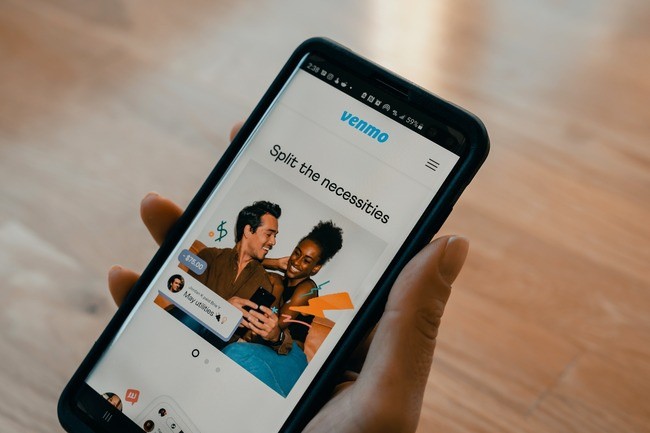
As tax season commences, individuals may receive Form 1099-K in their mailbox, which applies to mobile app earnings. This form is relevant for taxable income generated through payment apps like Venmo, CashApp, and Paypal or online marketplaces such as Facebook Marketplace and Poshmark.
While transactions among friends or family aren't taxable, earnings from digital transactions may require reporting. Reimbursing a roommate or splitting a lunch are examples of non-taxable behaviors, according to the Internal Revenue Service (IRS).
In the upcoming years, more people should obtain Form 1099-K, which means that reporting requirements must be widely complied with.
Form 1099-K is Not New
The concept of Form 1099-K for issuing statements related to income in the event of receiving revenue through web applications is not new. However, an important amendment was brought into force in 2023 that forced businesses to provide the form to customers who earn higher than stipulated sum.
In contrast to previous years, when businesses were hardly ever involved in submitting the form, the most recent change now requires it of users who earn more than a particular threshold.
This provision will be in place for the 2023 tax season for anybody who make over $20,000 and have made more than 20 transactions using payment apps.
Although the effect would not be felt by many this year, the Internal Revenue Service (IRS) intends to gradually lower the threshold over the ensuing years, with the goal of bringing it down to $5,000 for the 2024 tax year and eventually to $600.
It is imperative to note that even if your transactions are non-taxable, like sharing expenses with friends through Venmo, you will still receive the form. In such cases, users must acknowledge the reported cash flow on their tax return, indicating that it is non-taxable.
The significant change with Form 1099-K lies in its ability to act as a paper trail for taxable activities that individuals may not have previously reported on their taxes. This alteration addresses instances where people engaged in taxable activities but failed to include them in their tax filings.
Also Read : Manhattan DA Urges Crackdown On Fraud: How To Safeguard Against Venmo, Zelle, And Cash App Scams
Venmo, Zelle, and Cash App Continue to Face Scrutiny Due to Vulnerabilities
As a result of Manhattan District Attorney Alvin Bragg's warning about a rise in fraud instances taking use of flaws in these mobile financial apps, Venmo, Zelle, and Cash App are coming under closer examination. The widely used peer-to-peer payment networks handle around $1 trillion in payments every year, and as these apps become more and more popular, the number of fraud instances has increased proportionately.
Bragg has urged enhanced security protocols, transaction limits, secondary verification processes, and improved monitoring to counteract the growing threat of financial and physical harm to users. The number of theft instances involving these mobile payment apps has increased nationwide, with criminals exploiting vulnerabilities to drain bank accounts, make unauthorized purchases, and open new accounts.
People are usually underinsured against fraudulent electronic financial transfers, according to research by the Consumer Financial Protection Bureau. This highlights the need for more public awareness and preventive actions against cash app frauds.
While Cash App, Zelle, and Venmo have all stated their dedication to security and safety, more work is still needed to overcome these obstacles.
Authorities emphasize that in order to stay up to date with changing criminal strategies in the digital payment ecosystem, cooperation between law enforcement and financial institutions is crucial.
Related Article : Venmo, Zelle, Cash App Vulnerabilities Exposed To Fraud, Warns Manhattan DA As Theft Cases Rise
© Copyright 2025 Mobile & Apps, All rights reserved. Do not reproduce without permission.














